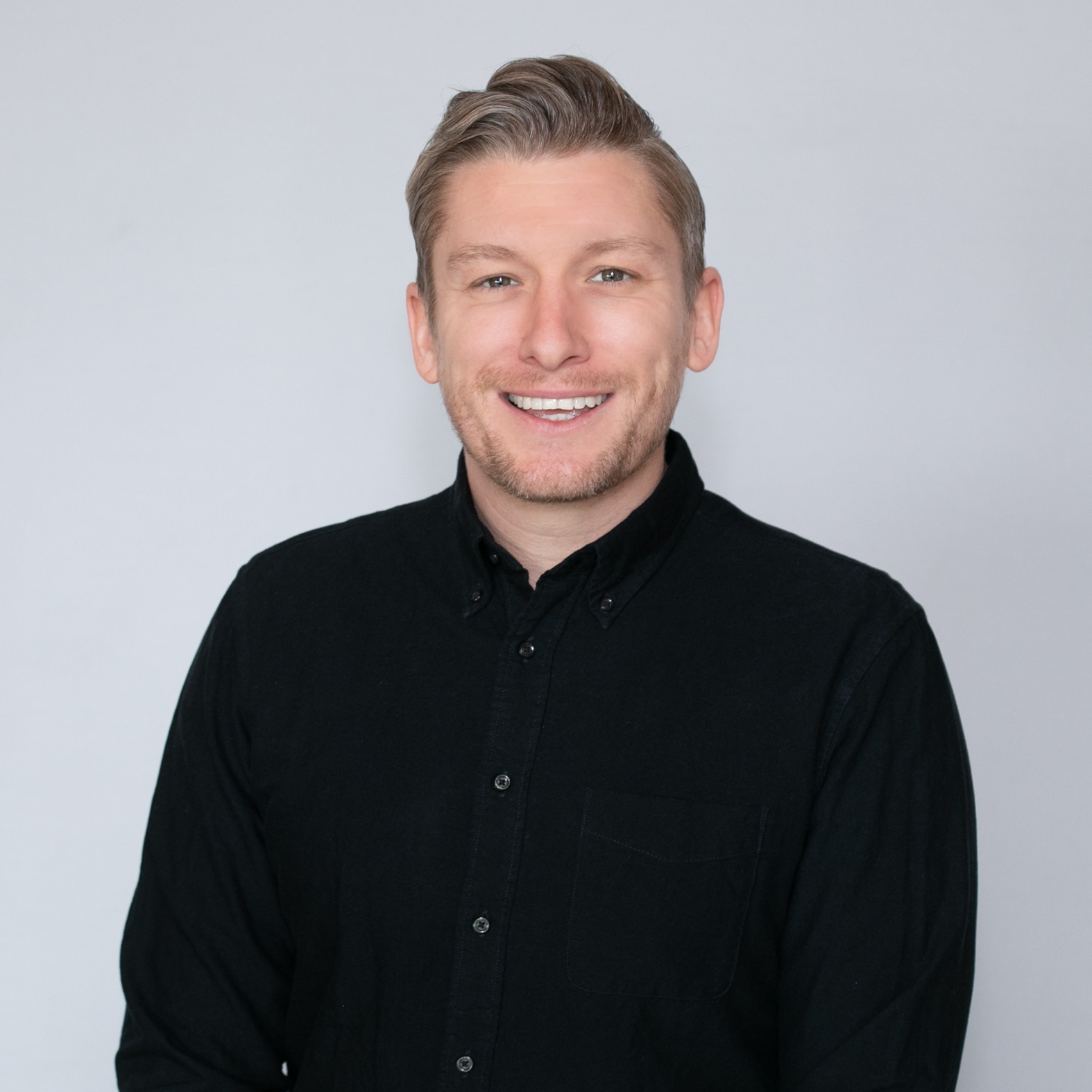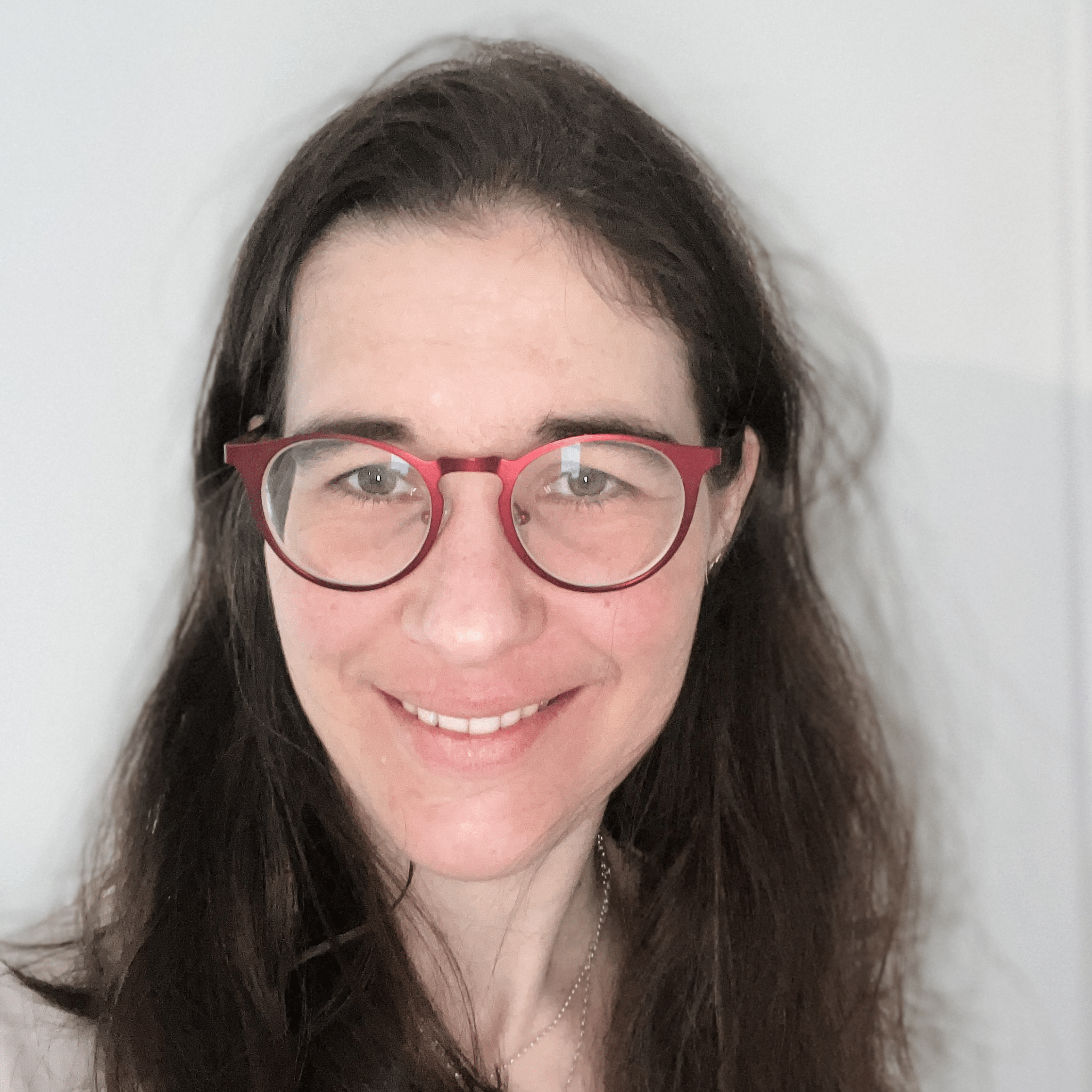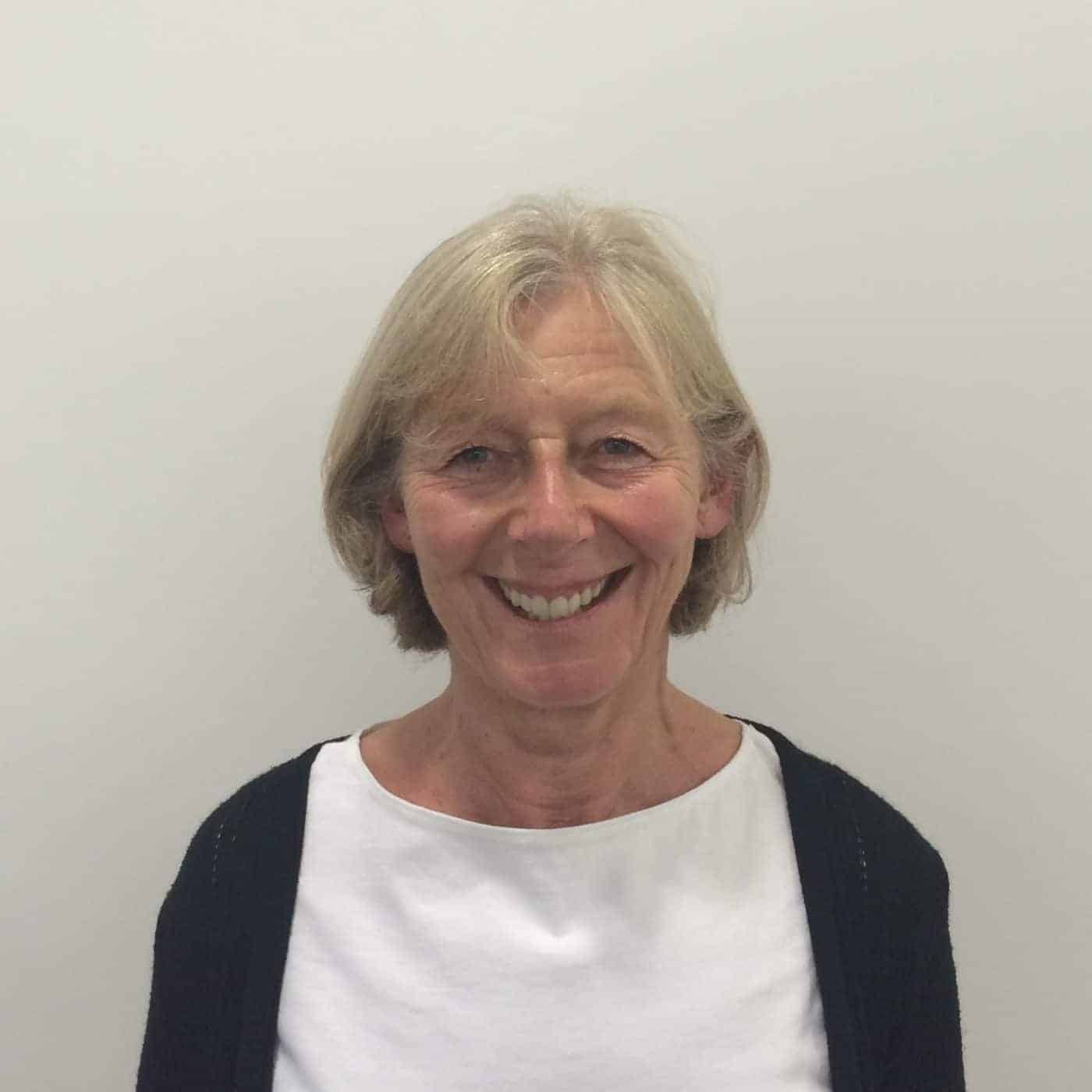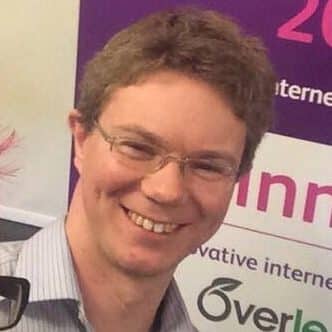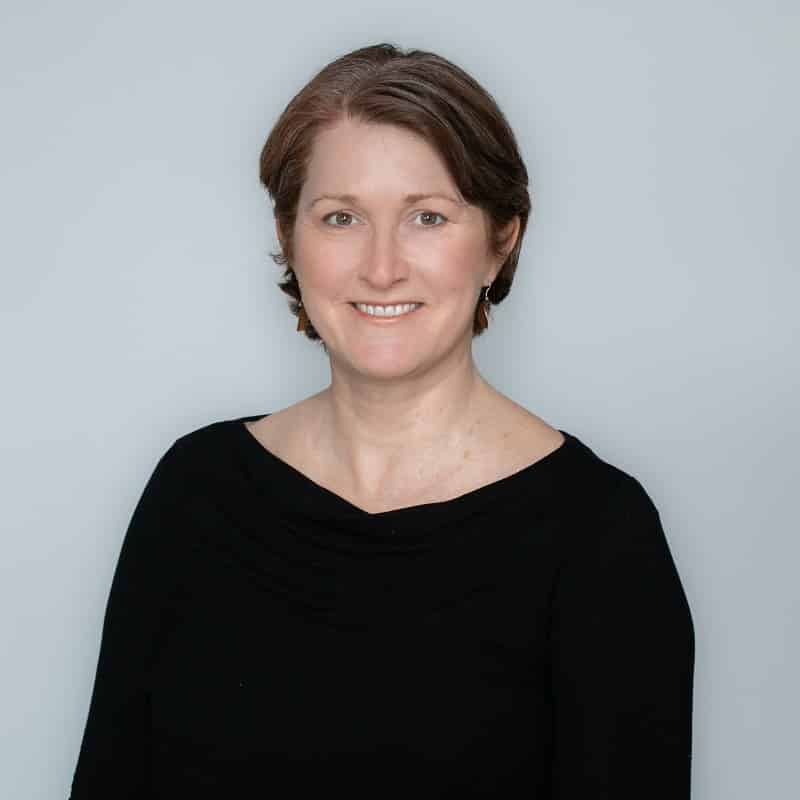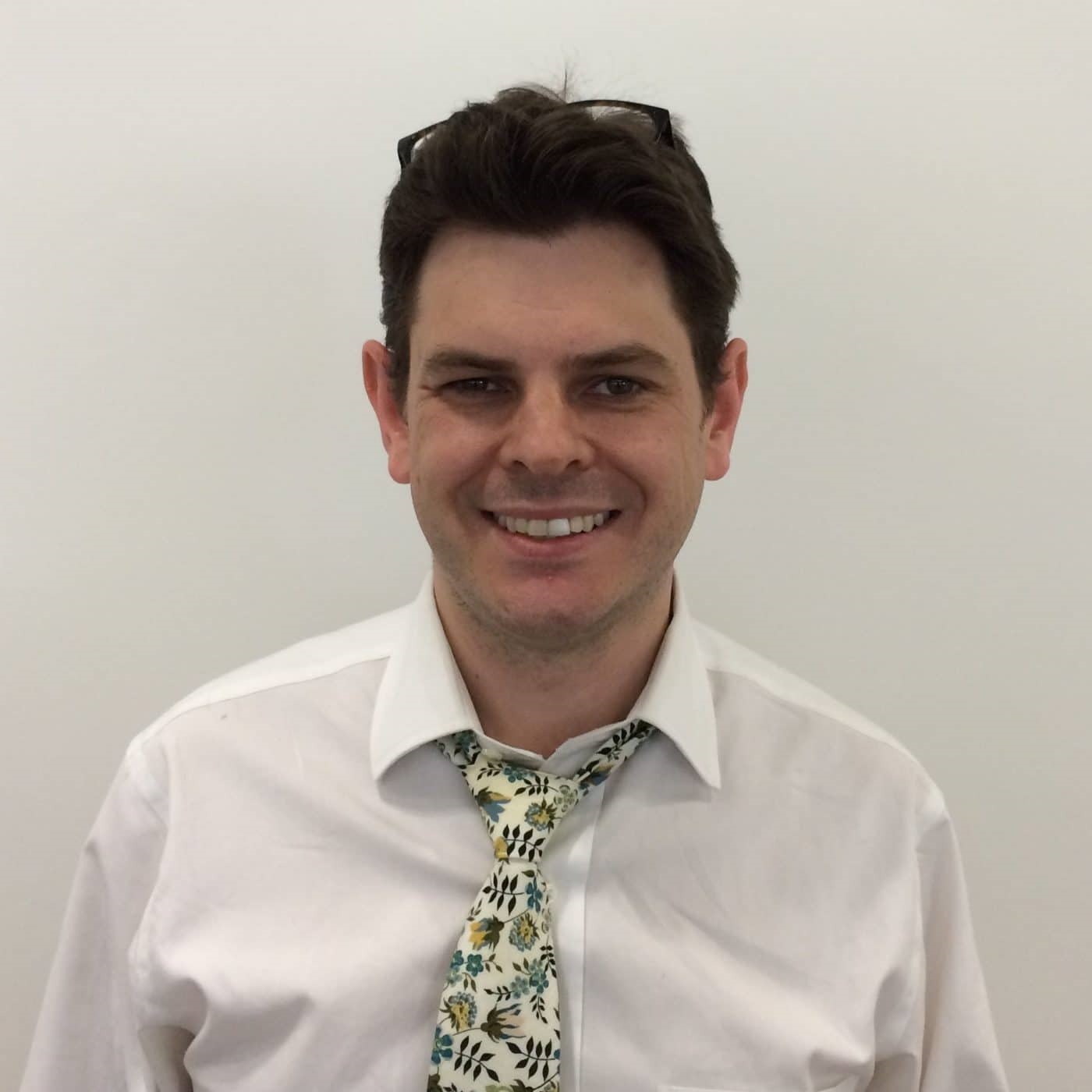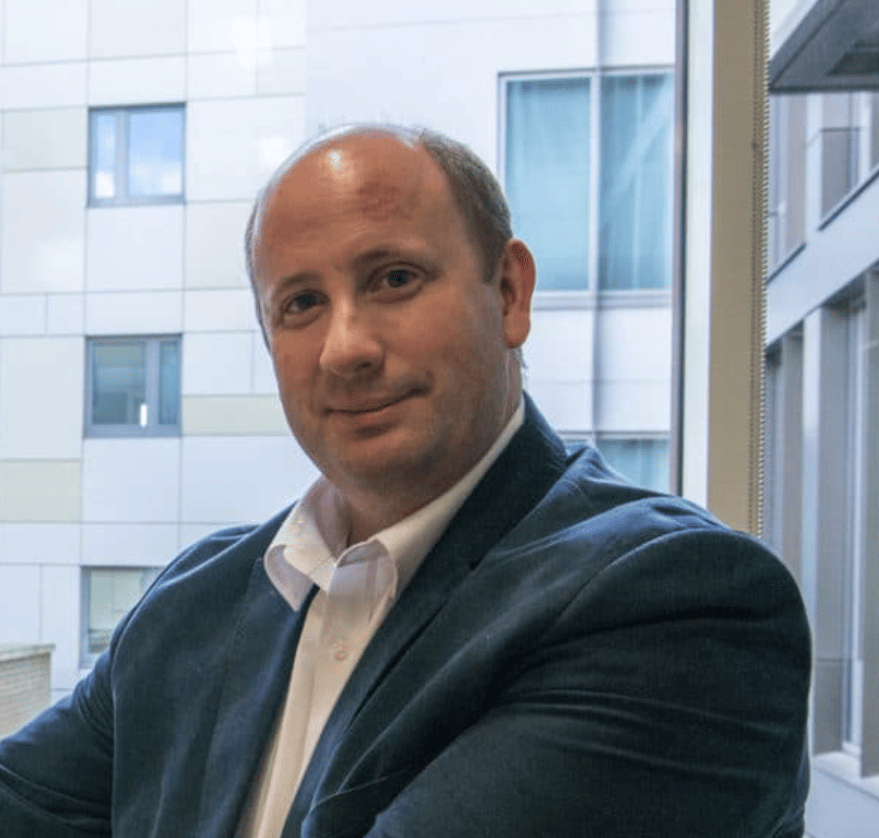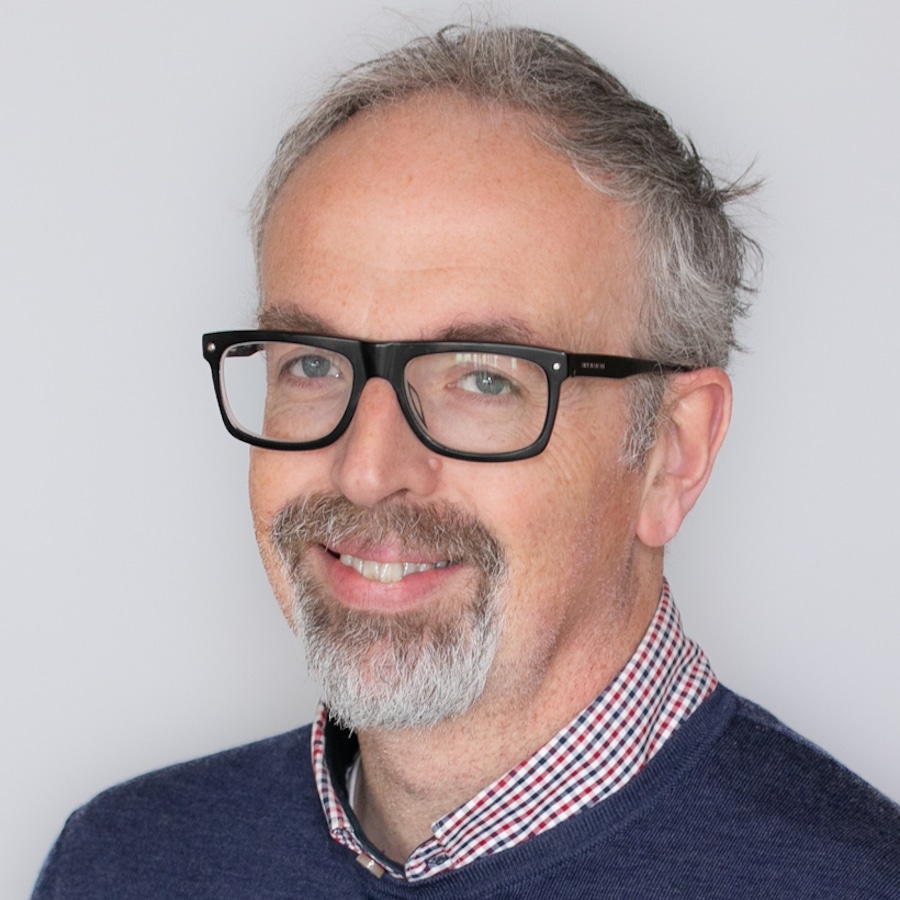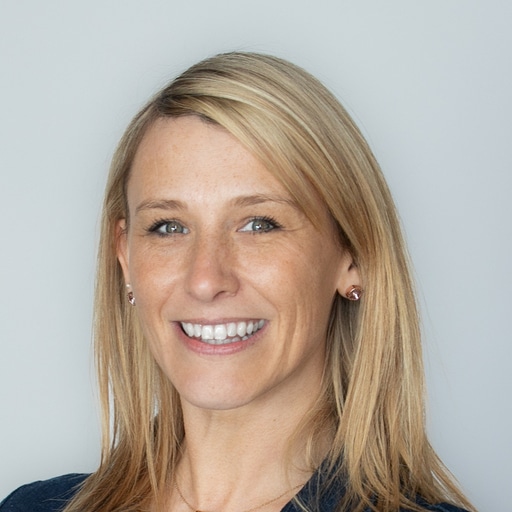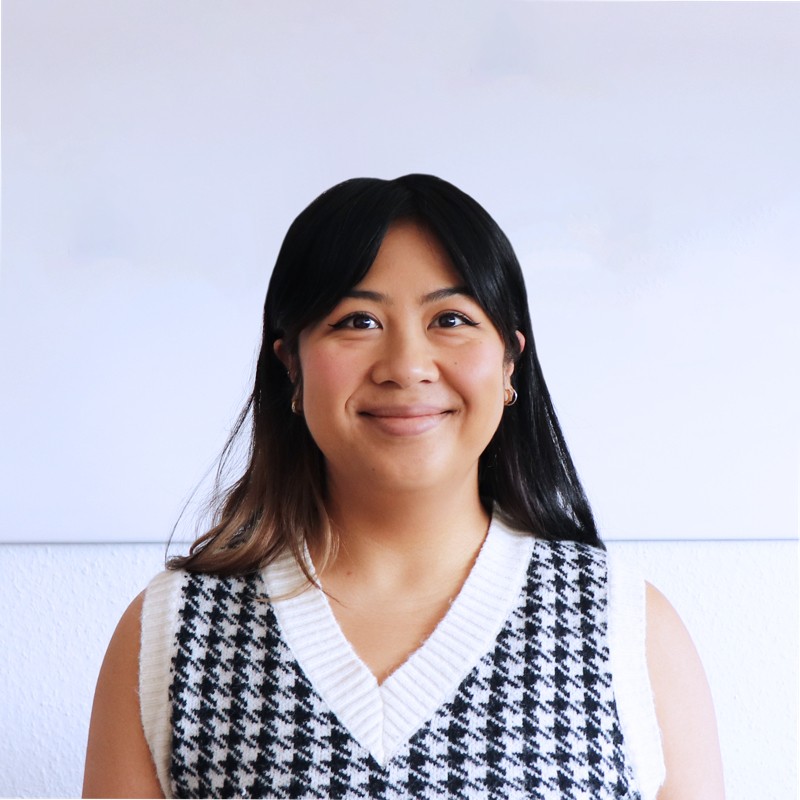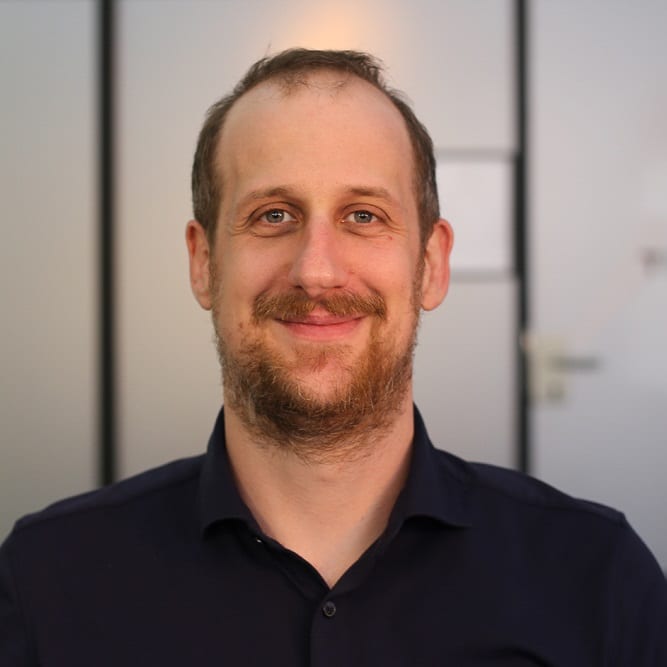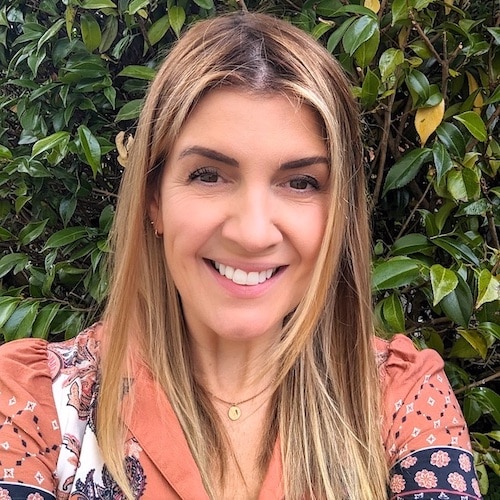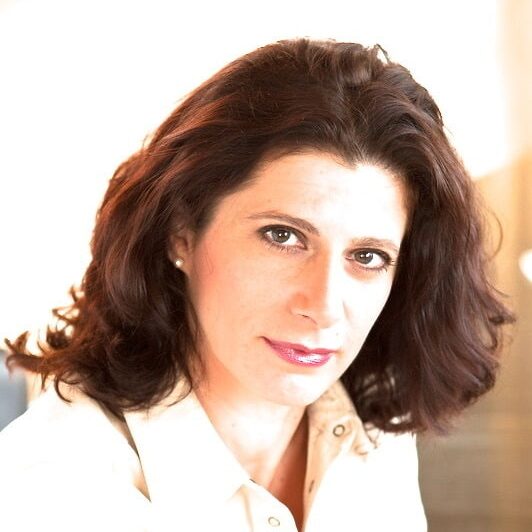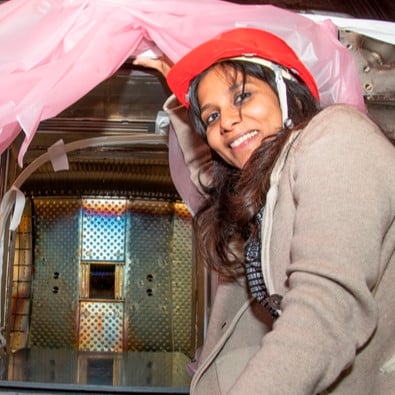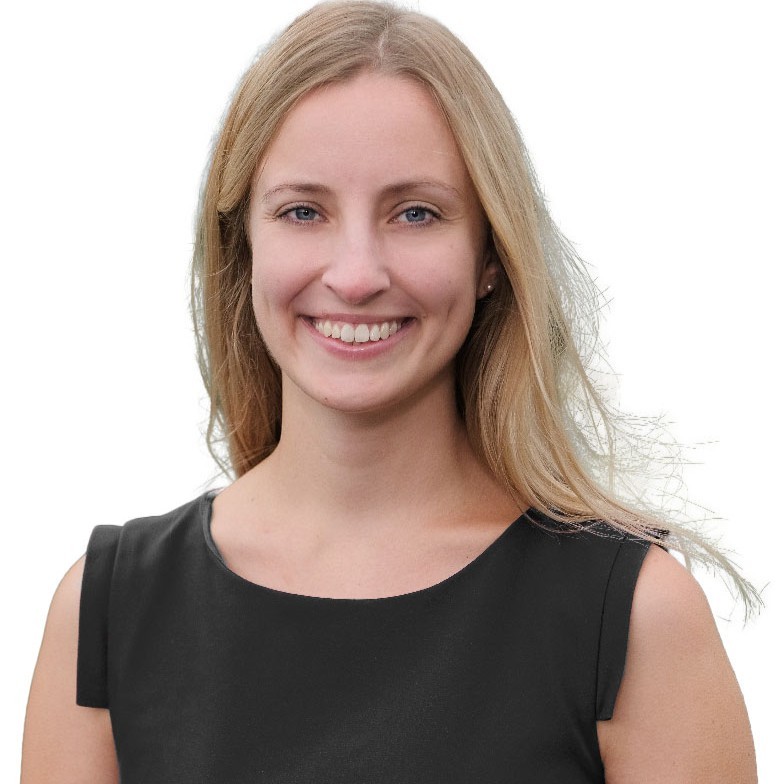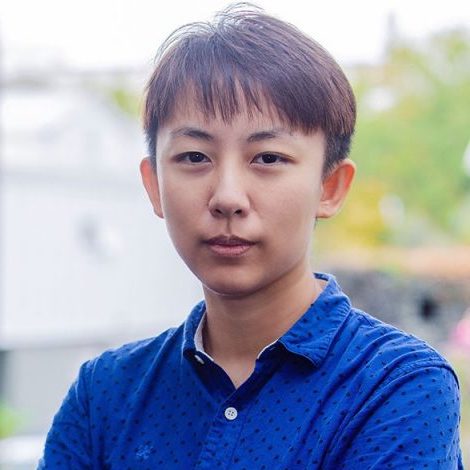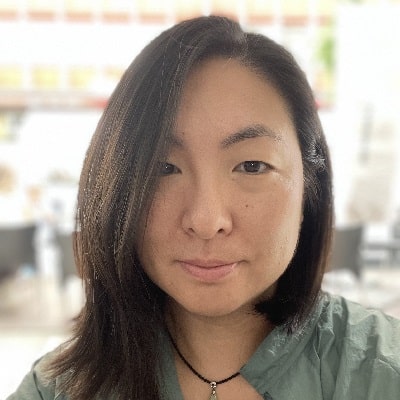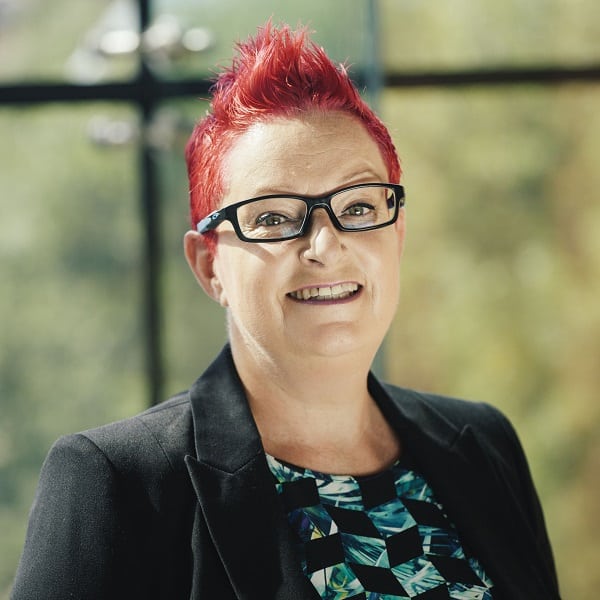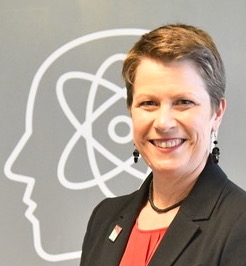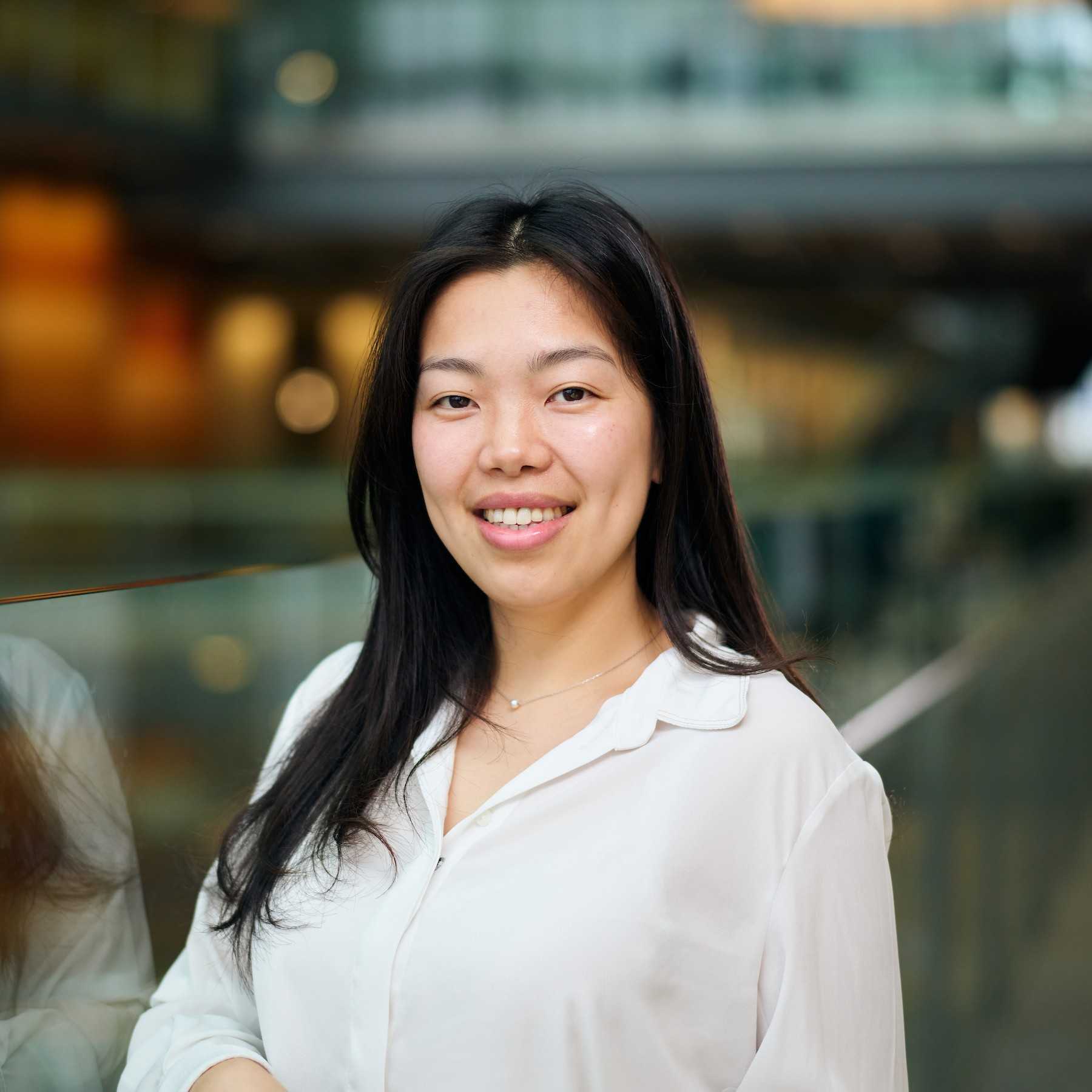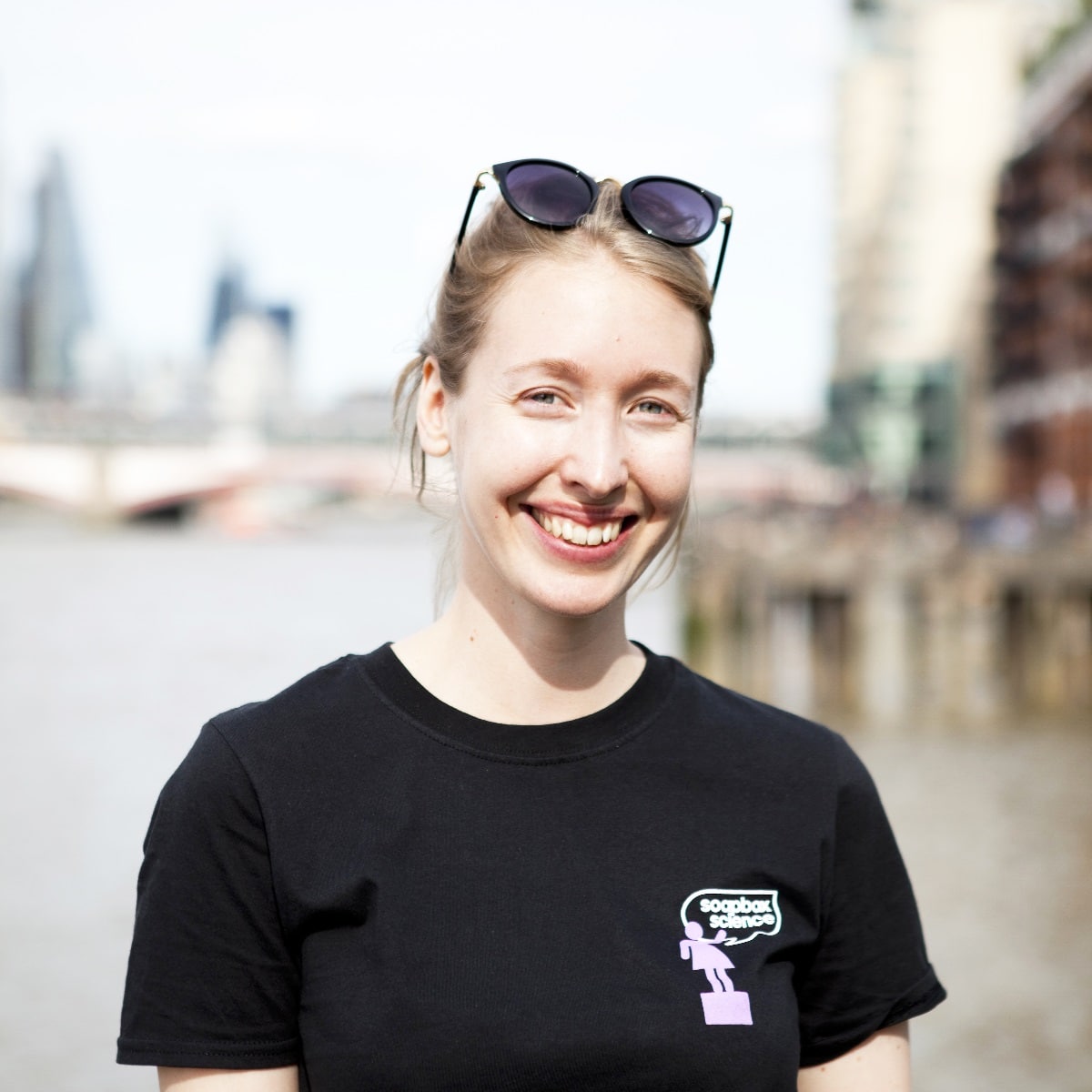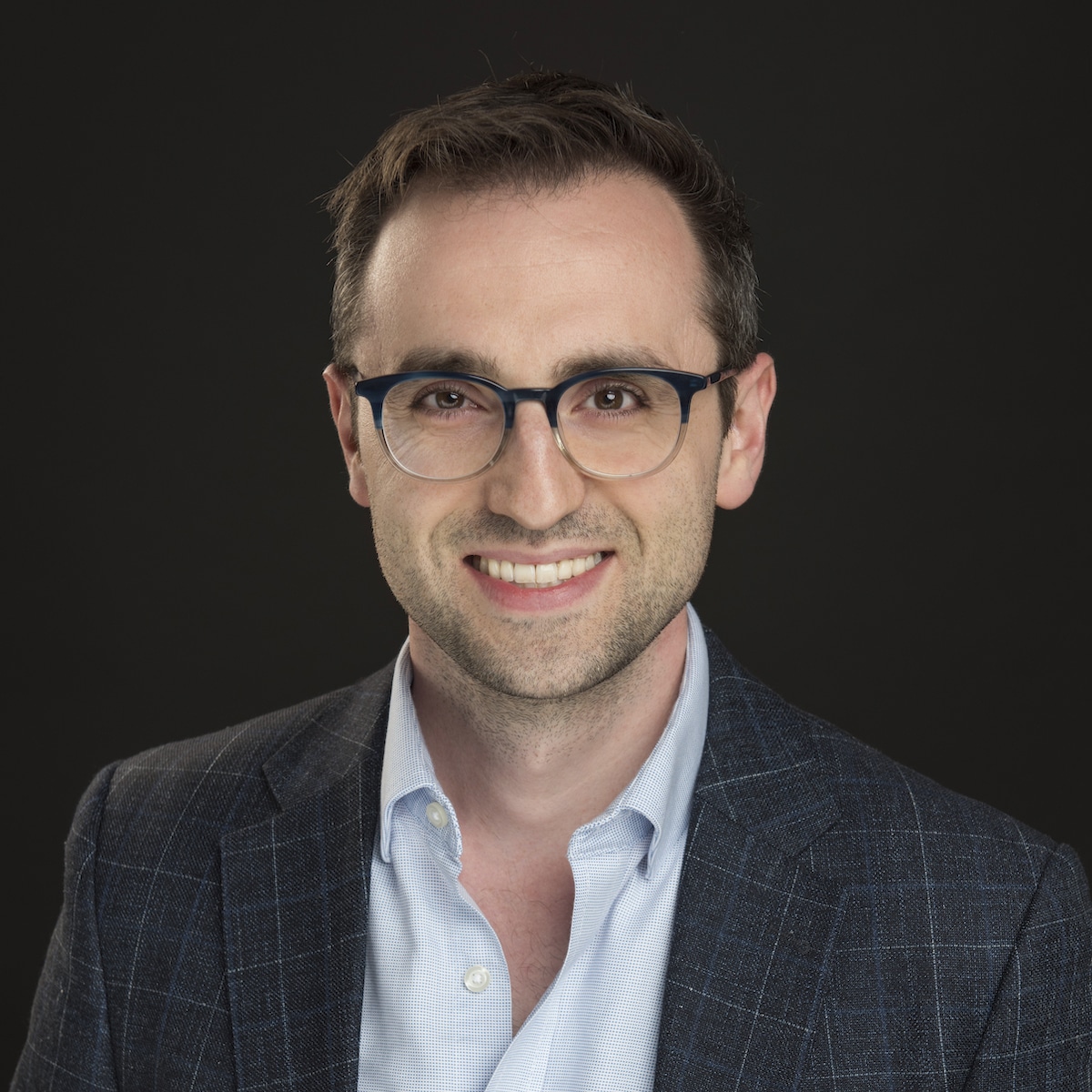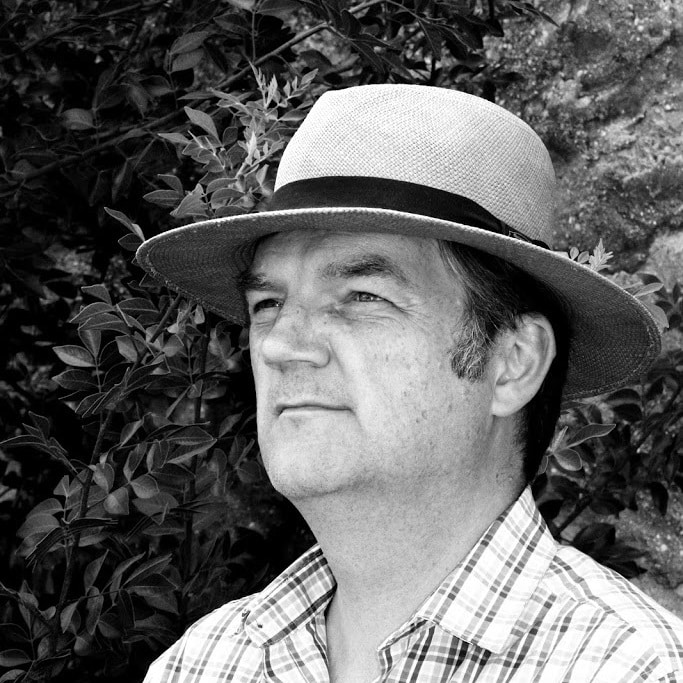It is time for another TL;DR Tuesday and, as it’s the first Tuesday of the month, we’re excited to share another Speaker Series interview. The series is an opportunity for us to meet and have conversations with people who are advocating for different and often better ways of doing research, and this episode’s guest is no exception. So, grab your drink and snack of choice and settle in to hear a half-hour chat with Dr Niamh O’Connor, a chemist, a sci-fi book nerd, and an open research expert in scholarly communications and publishing.
The recent announcement of the Barcelona Declaration has once again put the focus firmly on the importance of open research – a development that Digital Science has welcomed. Academic publishers are among those making progress on the open research journey.
As Chief Publishing Officer at PLOS, Niamh provides business leadership for the entire PLOS portfolio, ensuring that all outputs have a strong value proposition and advance PLOS’s vision and mission. A pivotal figure in academic publishing, Niamh talks with Dr Suze Kundu about the evolving landscape of scientific research and the push towards open science, including her journey from the early days of advocating for public access to research, to tackling current challenges like making science more inclusive and accessible.
Academic Adjacent Research Roles
Though Niamh and Suze both started their careers as chemists, they are just two of the many thousands of people who have followed career paths that have taken them out of academic research and into academic-adjacent roles. Such roles are vital in supporting and enabling research to exist as we know it. However, Niamh and Suze are also just two people of many more thousands who knew very little about the existence of this range of alternative academic careers that are crucial to supporting the research ecosystem before moving on to such roles.
Niamh tells us how important it is for researchers to be exposed to this range of different careers at the graduate level. Without good people who understand the challenges and opportunities of all segments of the profession, the whole endeavour of research could be under threat. Niamh also discusses the persistent systemic barriers that hinder equal participation in science and other research. This includes the disparities in accessing research information, which particularly affects those outside of major academic institutions.
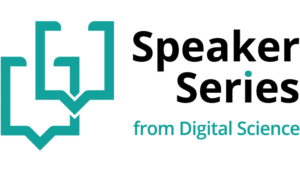
Addressing Systemic Barriers
The academic publishing industry isn’t very diverse. Progress in achieving better societal representation is very slow. It used to be the case that there were very few women in leadership roles, however this is changing, and that progress should be acknowledged and celebrated. Inequality is a systemic issue, and access to a career in research is still very skewed, not least in socio-economic terms – there are many financial barriers to navigate when pursuing a career in research.
Niamh calls for a shift in academic publishing to reflect a more diverse workforce and audience, emphasising that representation matters not just at the board level but in every aspect of academic engagement. Niamh shares one particularly persistent sentiment that she often heard from members of the community: “There is nobody like me. I don’t see myself on your board, therefore I feel that my research isn’t welcome.” It is hard to recruit into and retain people in a profession that upholds a culture within which they feel they don’t belong.
Whilst Niamh acknowledges that societal representation and diversity has improved within the research profession during her career, the systemic barriers to entry for curious minds around the globe mean that we still have a long way to go, not only in improving the scope of career paths available, but also for individuals from different backgrounds to enter and thrive within the research and academic publishing industries. Niamh makes the point that although we have seen better representation for underserved populations at the top of the academic publishing career hierarchy, there still seems to be a limit as to how much diversity is too much diversity in some pockets of our community.
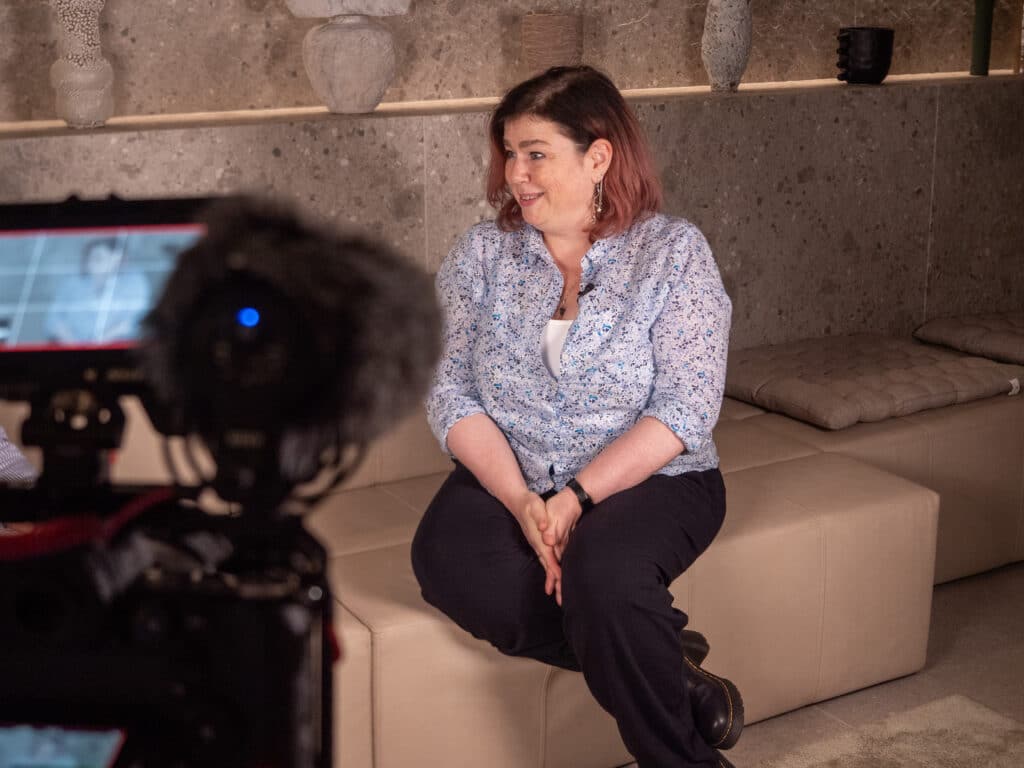
Advocating for Open Access
Niamh embarked on her career driven by the belief that publicly funded research should be accessible to all. Her efforts in the early days of PLOS were not just about providing access to research information, but also about maintaining the quality and integrity of scientific experiments, setting a precedent that would challenge the status quo of academic publishing. Niamh reflects on how the dissemination of academic content has moved from an open model, to a more restricted publishing model over time.
PLOS has been a leader in trying to pull us back to an open model, but has encountered the uneasiness in cultural change in academia. Niamh believes that the incentive system really does stifle those who want to drive change in research practices. Niamh sees the inertia within the established systems of scholarly publishing as a significant challenge. The reluctance to abandon old practices is pervasive, and she stresses the importance of creating incentives for adopting new, open methods of publishing and research evaluation – whilst not forgetting the importance of local contexts in understanding and removing barriers to open science. This is a change that she believes would significantly democratise science, making it a more intuitive and accessible venture for everyone.
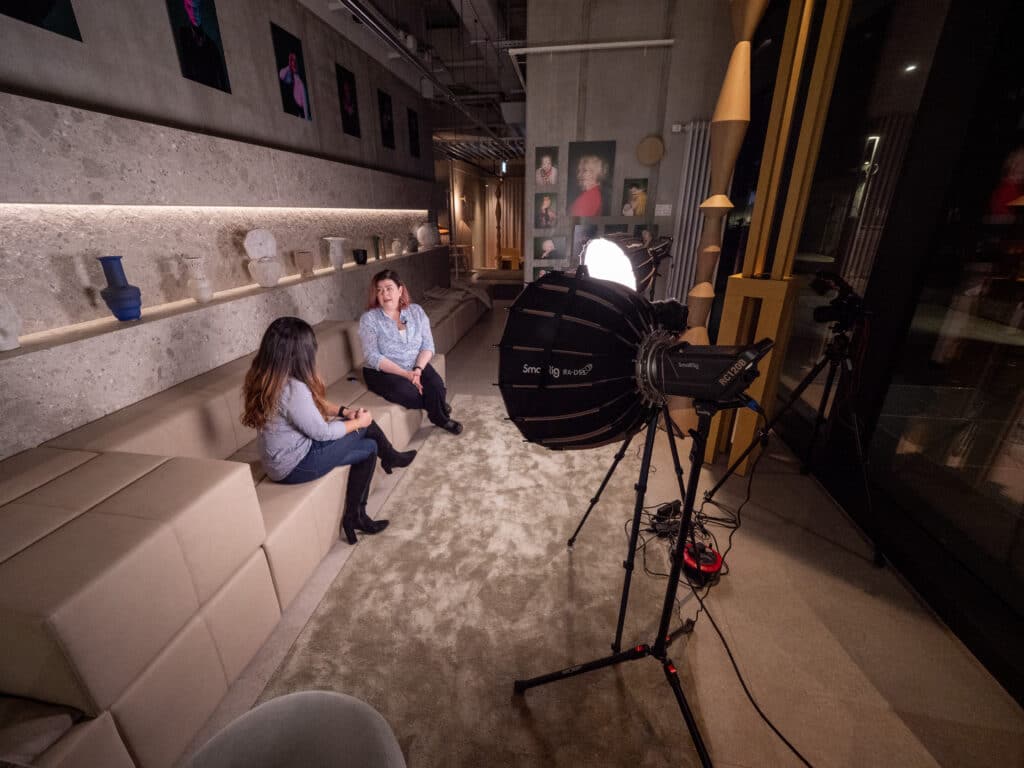
The Future of Open Research
Niamh sees technology as a crucial ally in advancing open research. She wants to see us move away from the “version of record” concept to a more dynamic and updated format of scholarly communication. The culture within which we work does not lead researchers to work in a way that is collaborative. Open research and technology can help move us further, faster. We often try to use technology to duplicate the analogue version we have, but it also limits us in how we think research should be disseminated. We should look at how we version and release knowledge to the world. Technology has done so much already. It will do so much more. Niamh believes that the changes needed to drive technological change are societal. Business models and incentive systems need to be tweaked and redirected.
Through her leadership and insight, Dr Niamh O’Connor continues to champion the transformation of scientific research into a more open, equitable, and community-focused endeavour. Her commitment to breaking down barriers and envisioning a more inclusive future provides a hopeful outlook for the next generation of scientists and researchers. She reminds us not to lose faith, as change is happening, albeit a little more slowly than we would like to see and feel. However, as long as the academic publishing industry has leaders like Niamh, there is a lot to be hopeful for.
Check out our Speaker Series playlist on YouTube which includes chats with some of our previous speakers, as well as our TL;DR Shorts playlist with short, snappy insights from a range of experts on the topics that matter to the research community.
With thanks to Huw James from Science Story Lab for filming and co-producing this interview. Thanks also to our hosts, Locke at East Side Gallery, Berlin, Germany, and to Niamh for her time.

